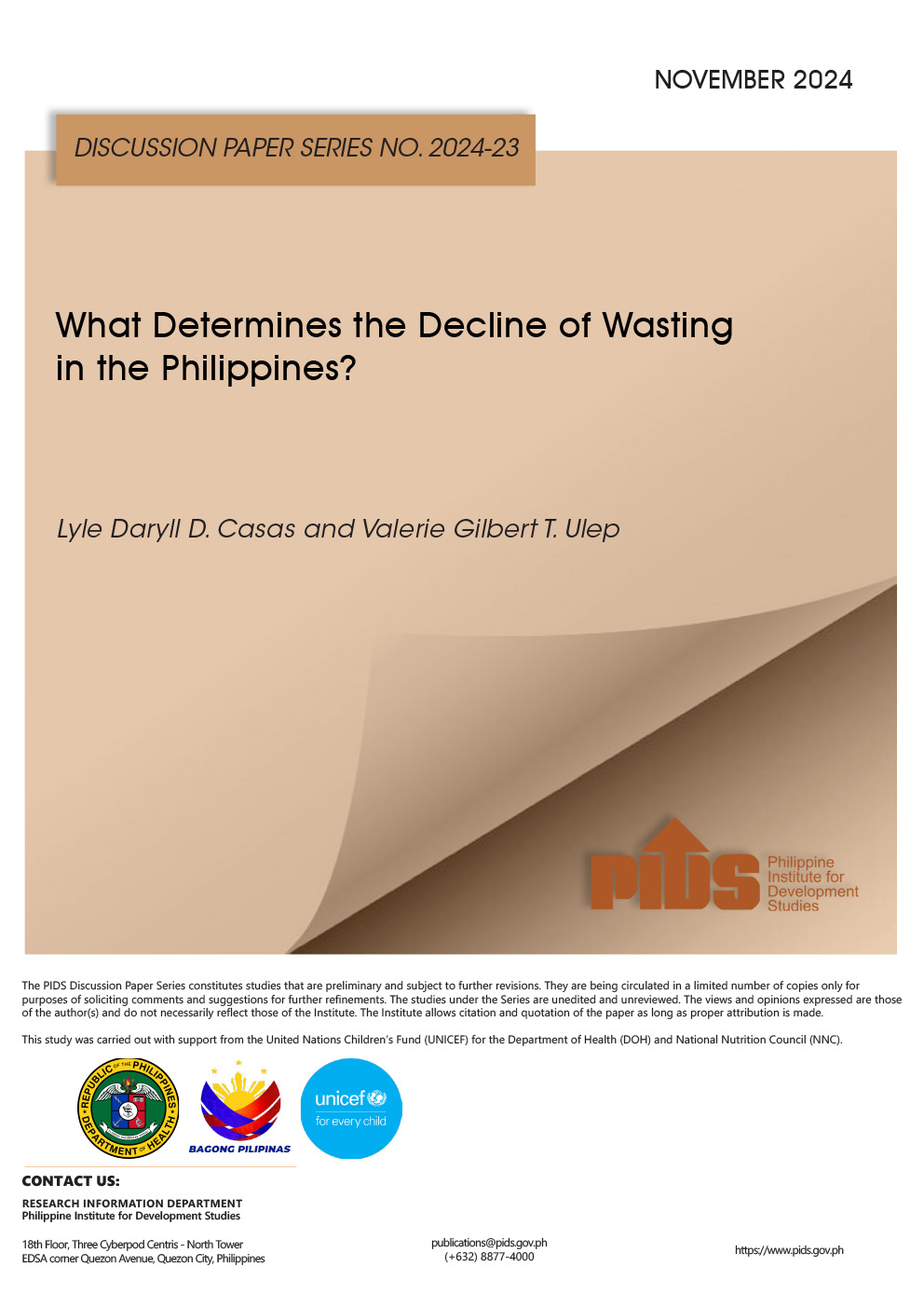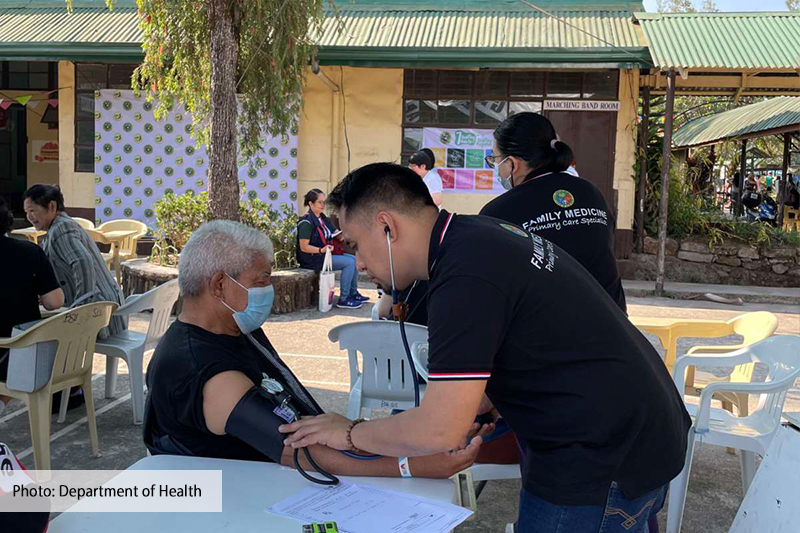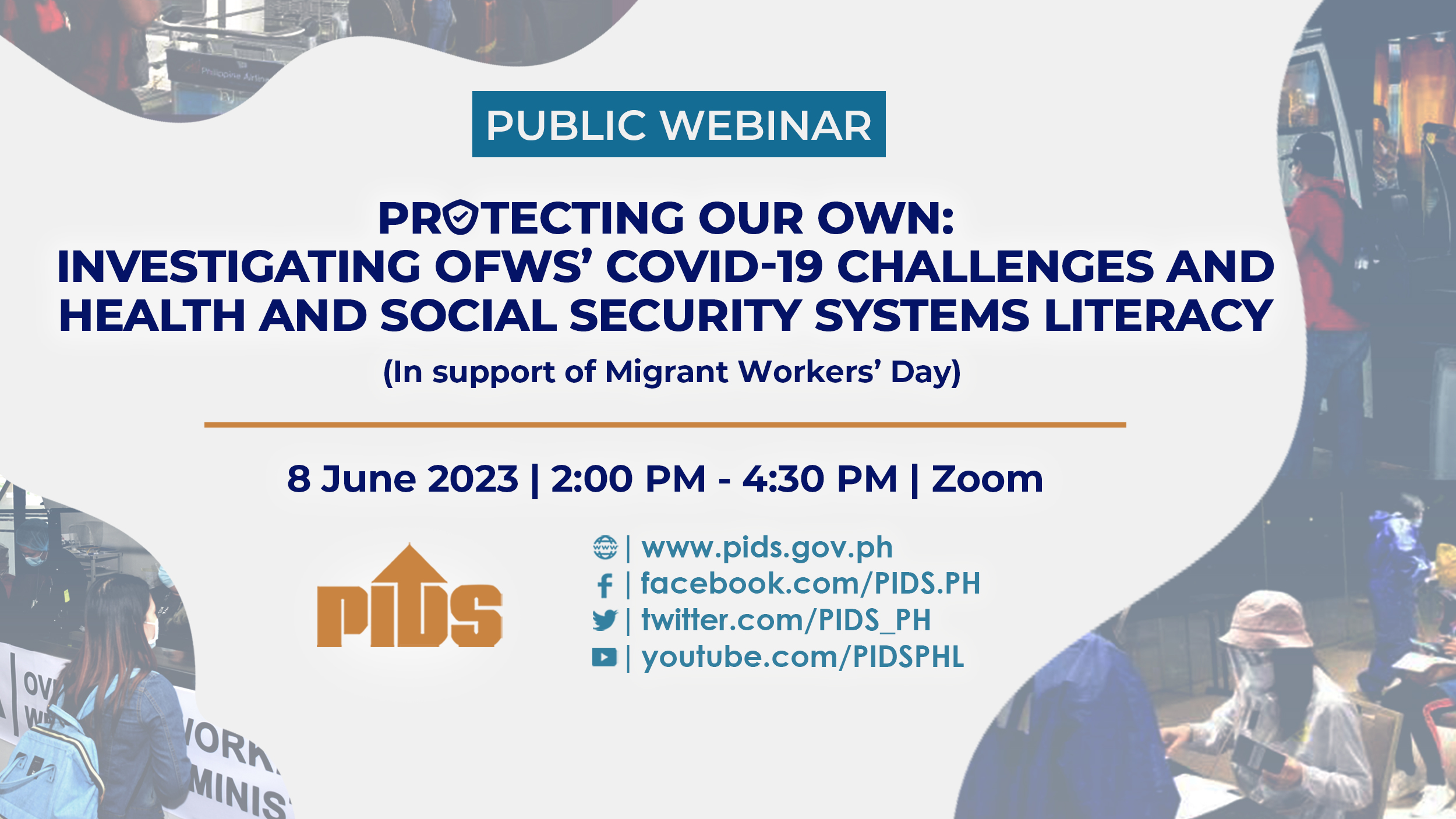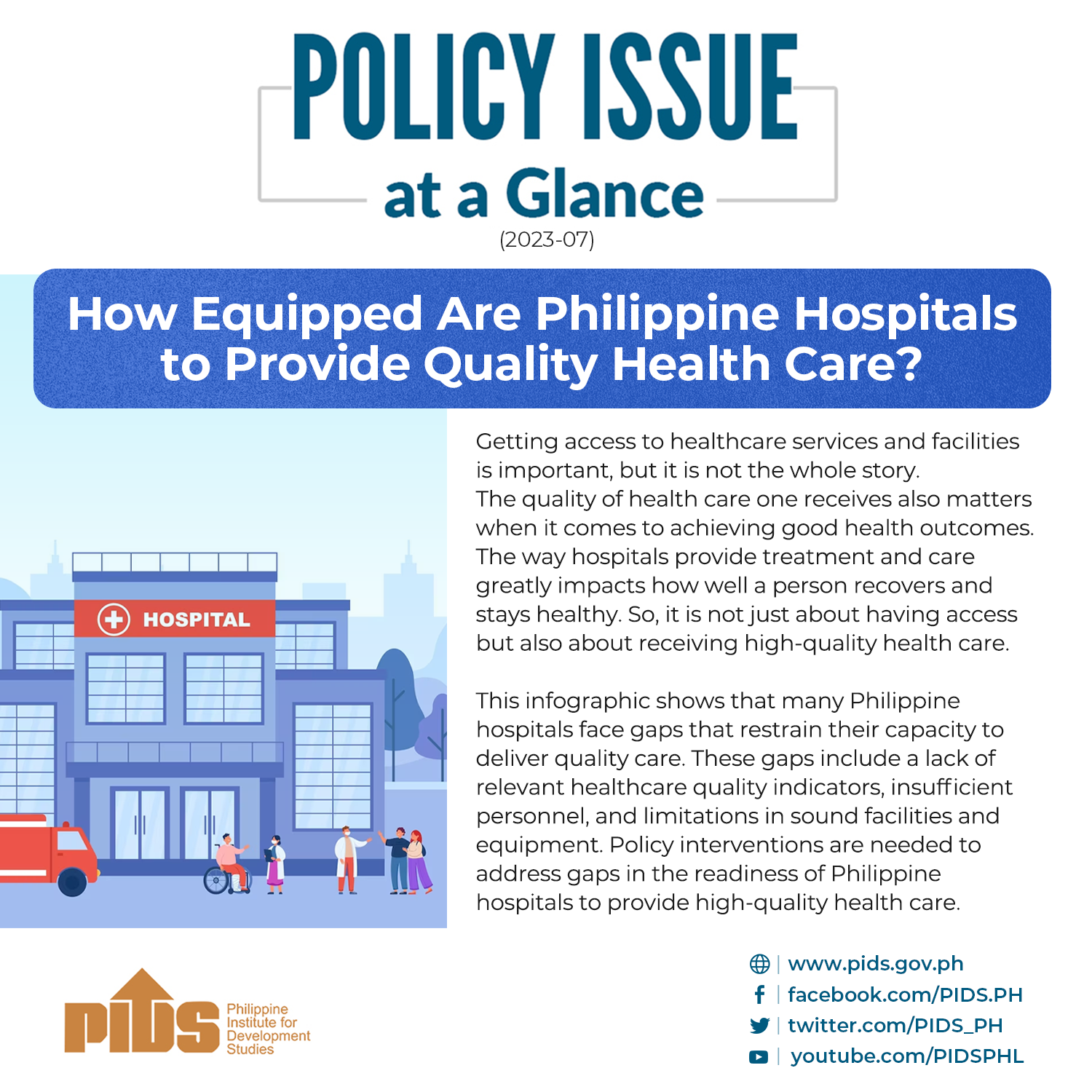AT least two local governments nationwide have decided to discontinue the delivery of reproductive health services due to lockdowns, according to a study undertaken by state think tank Philippine Institute for Development Studies (PIDS).
In the study Process Evaluation of the Responsible Parenthood and Reproductive Health Act (RA 10354): Local Service Delivery Component, PIDS researchers led by Fellow Michael R.M. Abrigo found, however, that many services, including the provision of family planning supplies continued.
“Among LGU survey respondents, many reported that there were no changes or disruption in their delivery of RPRH [Responsible Parenthood and Reproductive Health] services, although some reported wholly or partially discontinuing some services in at least one health-care facility within their LGU,” the researchers said.
Some of these partially or wholly discontinued services to city LGUs included medical and surgical procedures such as breast-conserving surgery, mastectomy, hysterectomy, and hysteroscopy.
Municipal LGUs partially or wholly discontinued services such as the provision of information on family planning methods and for skilled birth attendants among others.
These LGUs also halted partially or wholly family planning supplies such as condoms, family planning charts, oral contraceptive pills, injectable contraceptives, among others.
The list also included medical and surgical procedures such as intra-uterine device insertion and removal; depomedroxyprogesterone acetate (DMPA) injection; and integrated management of childhood illnesses.
“In one of the FGDs [Focus Group Discussions], one participant also mentioned that pre-marriage orientation and counseling sessions that usually run for around four hours were condensed to only 30 minutes in response to the Covid-19 pandemic,” the researchers said.
“However, the respondent noted that only few couples avail of recent pre-marriage orientation and counseling, which the respondent claims to be due to fewer people getting married in response to the pandemic,” they added.
To ensure that all RPRH services continue amid crises such as pandemics, the government must have an effective supply chain management system. The researchers said this is crucial in arresting stock-outs and overstocks.
This, the researchers said, may require additional investments but this will be necessary to ensure that frontline workers are able to deliver services to the public. It will also help governments to project supplies that will be needed in the short, medium, and long-term.
Study outlines impact of lockdowns on LGU reproductive health services












